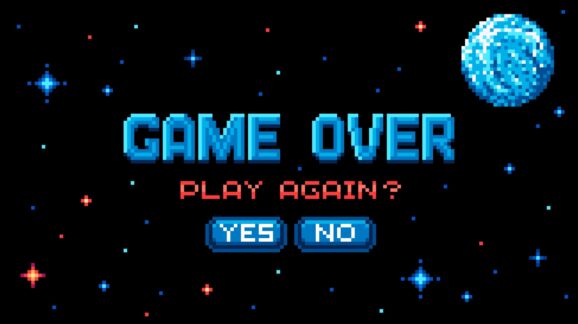Court punts to FTC, freezing Microsoft purchase of Activision Blizzard

Photo Credit: Getty
The Federal Trade Commission (FTC) took action Monday to stop Microsoft from purchasing the game developer Activision Blizzard. The FTC filed for both a temporary restraining order and a preliminary injunction in federal court to block the $68.7 billion deal before the two parties closed.
The court granted the temporary restraining order on Tuesday because, according to the Obama appointee, Judge Edward Davila, it’s “necessary to maintain the status quo while the complaint is pending (and) preserve this court’s ability to order effective relief . . . and preserve the FTC’s ability to obtain an effective permanent remedy in the event that it prevails in its pending administrative proceeding.”
It’s the latest step since filing a complaint in December 2022 before an administrative law judge (ALJ). In August, the ALJ will hear the case. This newest restraining order by the FTC is designed to block the acquisition before then.
The original FTC vote to initiate a challenge against the deal was three to one, with the sole Republican-appointed commissioner, Christine S. Wilson, dissenting. Commissioner Wilson later resigned from the FTC for the over-broadening of antitrust enforcement and “reject[ing] the consumer welfare standard in favor of pursuing multiple (and sometimes competing) goals.”
FTC’s latest action appears to demonstrate this new direction by disregarding the potential customer benefits from the acquisition—particularly the opportunity to expand access to cloud gaming services.
Blocking the Activision acquisition is just the latest example of the FTC’s more activist agenda since Chair Lina Khan assumed control of the agency. Since then, the FTC has abandoned old guidance that companies relied on to make business decisions and dropped any pretense that consumer welfare is the standard for blocking mergers. Instead, the FTC appears content with blocking this acquisition because it views mergers and acquisitions as inherently anti-competitive.
The FTC claims that the investment would stifle competition in the gaming industry by allowing Microsoft to exclude Activision’s games, like Call of Duty, World of Warcraft, and the Diablo franchises, from competing gaming consoles. Sony shares the FTC’s concerns and has voiced public opposition to the deal. But these assumptions don’t match the lived reality of gamers.
First, Microsoft officially guarantees the popular Call of Duty games will remain available outside of Microsoft devices for at least ten years and that’s not just an empty promise. Microsoft offered to sign a legally-binding consent decree with the FTC. The assurance makes sense in light of the incentives faced by companies with multiplayer games. Companies are motivated to stay open to all potential users to avoid being out-competed by rival cross-platform games.
According to Microsoft’s vice chair and president, Brad Smith,
The main supposed potential anticompetitive risk Sony raises is that Microsoft would stop making “Call of Duty” available on the PlayStation. But that would be economically irrational. A vital part of Activision Blizzard’s “Call of Duty” revenue comes from PlayStation game sales. Given the popularity of cross-play, it would also be disastrous to the “Call of Duty” franchise and Xbox itself, alienating millions of gamers.
Secondly, this belief runs contrary to Microsoft’s 2014 acquisition of Mojang, the developer of the popular game Minecraft. Despite similar concerns, the acquisition allowed Minecraft to reach wider audiences and access more platforms than before.
These examples are likely why the European Union (EU) ultimately approved the acquisition. China, Japan, and 34 other regulators have also approved the purchase. This leaves the FTC and the United Kingdom’s Competition and Markets Authority (CMA) alone in rejecting the deal.
The FTC seems to be operating under the belief that mergers or acquisitions provide little benefit to competition. If the purchase is finalized, Microsoft would only be the third-largest gaming company in the world by revenue, behind Tencent and Sony. The deal would likely support competition in the mobile gaming market by allowing Microsoft to better compete against Google and Apple.
It should be noted that Sony releases large PlayStation-exclusive games like Final Fantasy and Silent Hill. The FTC’s latest action may protect companies like Sony from competitors who wish to engage in the exact same business practice.